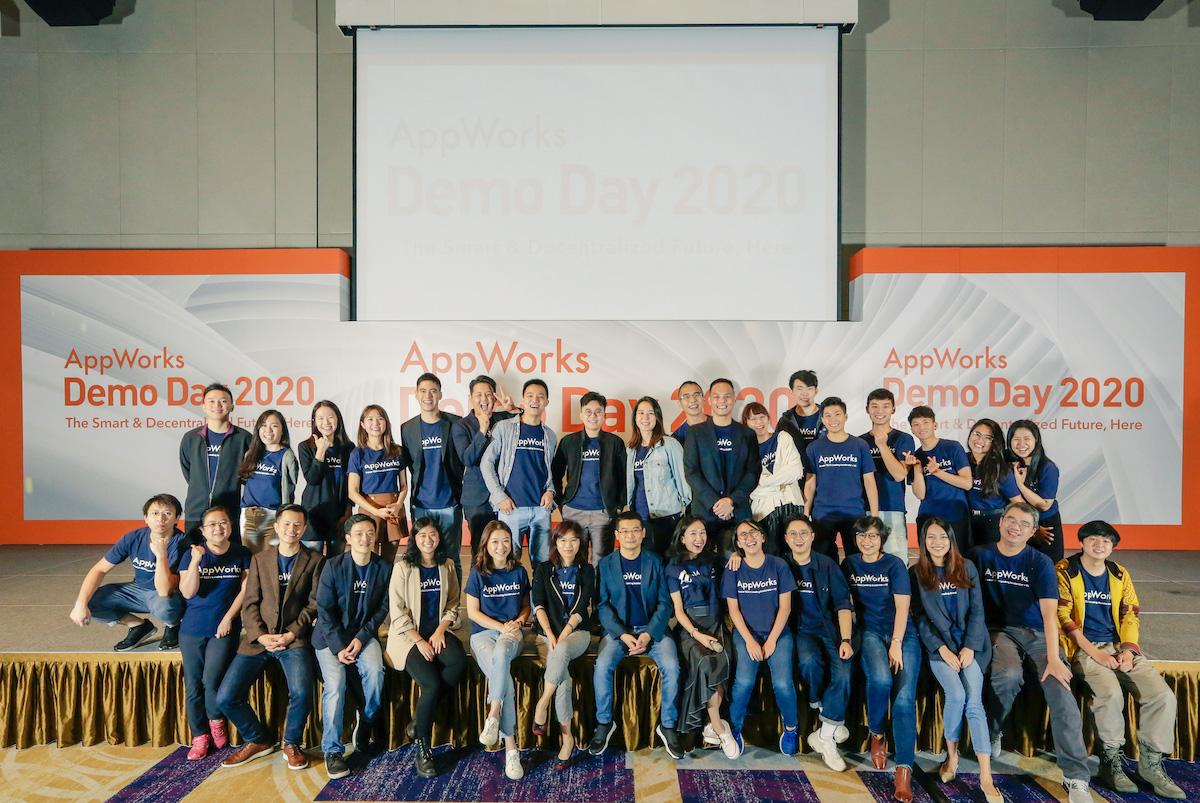Southeast Asia’s digital economy is becoming a hotbed for global investors. While e-commerce and fintech remain the main drivers of investment in the region, global venture capital firms are also increasingly eyeing local projects related to blockchain and crypto technologies.
Taipei-based startup accelerator and venture capital firm AppWorks, founded in 2009, has blockchain tech as an investment focus, in addition to AI and the internet of things. The VC is mainly targeting Southeast Asia as the next region for its investments.
The firm believes that Taiwan, with its mature R&D hubs, and Southeast Asia, with its burgeoning internet economy, can create synergies to benefit each other, according to Jessica Liu, a partner at AppWorks.
Moreover, Liu said that AppWorks has been working closely to support the New Southbound Policy, a project launched by the Taiwanese administration in 2016 to promote collaborations between Taiwan and Southeast Asia in science and technology. “We partner with the authorities in various activities, from investments to visa applications. Our funds come from various investors,” Liu told KrASIA.
The firm controls three venture capital funds, managing funds totaling USD 212 million. AppWorks makes about 20 deals each year, from seed to Series C rounds. Liu said the usual ticket size for investments ranges from USD 200,000 to USD 15 million per deal. Some of AppWorks’ backed companies in Southeast Asia include Carousell, Lalamove, and ShopBack.
The firm is currently looking for opportunities in the region’s growing blockchain ecosystem, Liu said. “I got my first Bitcoin in 2014, and that’s how I learned about blockchain. AppWorks started to look at blockchain projects in the region in 2017, and so far, we have invested in about 20 startups,” she added.
KrASIA recently spoke to Liu about AppWorks’ strategy and blockchain potential in Southeast Asia.
The interview has been edited and consolidated for clarity and brevity.
KrASIA (Kr): Besides capital funding, what other support does AppWorks provide to Southeast Asian startups?
Jessica Liu (JL): The strengths of Taiwan’s tech ecosystem lies in R&D and tech talent. These are complementary to Southeast Asia as the region needs more talent to support its growing tech industry. This is an advantage that AppWorks provides. We have an accelerator and a strong community of founders, investors, and mentors. We connect them with each other. Founders can always seek support when they want to expand into a new market or when they need to discuss new opportunities with fellow entrepreneurs.
Kr: What is your view on blockchain potential in Southeast Asia?
JL:In the past, there were very few startups working on blockchain projects, and they mostly came from Singapore. But recently, there has been lots of interest in blockchain, driven by a bull market in cryptocurrency, GameFi, and NFTs around the world.
The good thing about blockchain is that it has been a global business since day one. Companies want to reach different users around the world by using global platforms. So whether you are in Taipei, Jakarta, or Washington, everyone has the same starting point in the blockchain space.
Kr:What is your investment thesis? Is investing in blockchain different from any other sector?
JL:We are very founder-centric. We value the founders’ journey, mission, and integrity, while the business model comes second. Most of the time, a business model is a short-term thing. Startups will probably pivot the business within two to three months if the current model doesn’t work.
Investing in blockchain companies is essentially pretty similar to other sectors. The main difference is the investment vehicle. While we usually invest in a company’s equity, with blockchain projects, we also invest in tokens. From a founder’s perspective, it is easier to raise money [through tokens] nowadays. However, this gives founders limited room to change their business model because investors usually want to invest in a specific blockchain project.
Kr:What type of blockchain projects are more in demand in the region? What is one project that you consider will do well?
JL:Every market has different opportunities and demands. Each country is experiencing a different evolution in the blockchain and crypto world. For example, in Indonesia, there are a lot of exchanges because interest in crypto investment and trading has been increasing in the past few years. In Vietnam, there’s a lot of enthusiasm for GameFi and NFT games, driven by the success of Axie Infinity.
There are about 40 gaming studios and developers there doing NFT games, trying to replicate the success of Axie Infinity. Meanwhile, we’re seeing artists and creators starting to embrace NFTs in Thailand. Startups are testing the water and exploring different solutions nowadays like crypto enablers, NFT collectibles, and so forth.
Kr:What are some challenges in the region’s blockchain and crypto space?
JL:There’s still not enough discussion about blockchain. Most discussions among crypto communities are on Twitter and Discord, which are not as popular as other social media sites in the region. Also, it may take more time for a market to adopt different kinds of blockchain applications. For example, while NFT games are popular in Vietnam, we don’t see many projects in decentralized finance there at the moment. I think we’ll see progress in Southeast Asia over the next 12 to 18 months.
The crypto world has ups and downs, but every cycle attracts a new user base. I believe this hype, or what some people would call a “bubble” around crypto and blockchain, will continue and boost the adoption of this tech in the long run.
